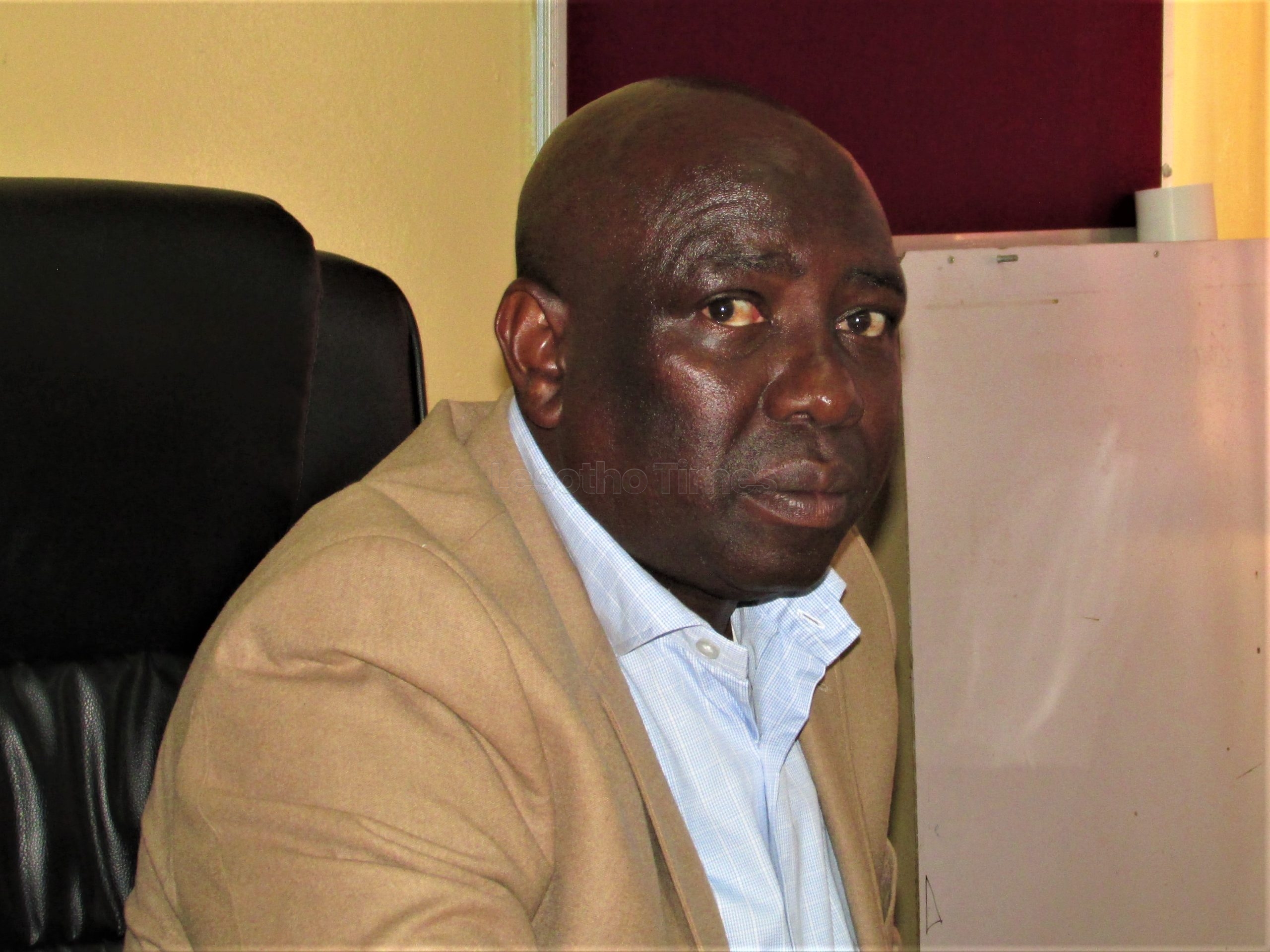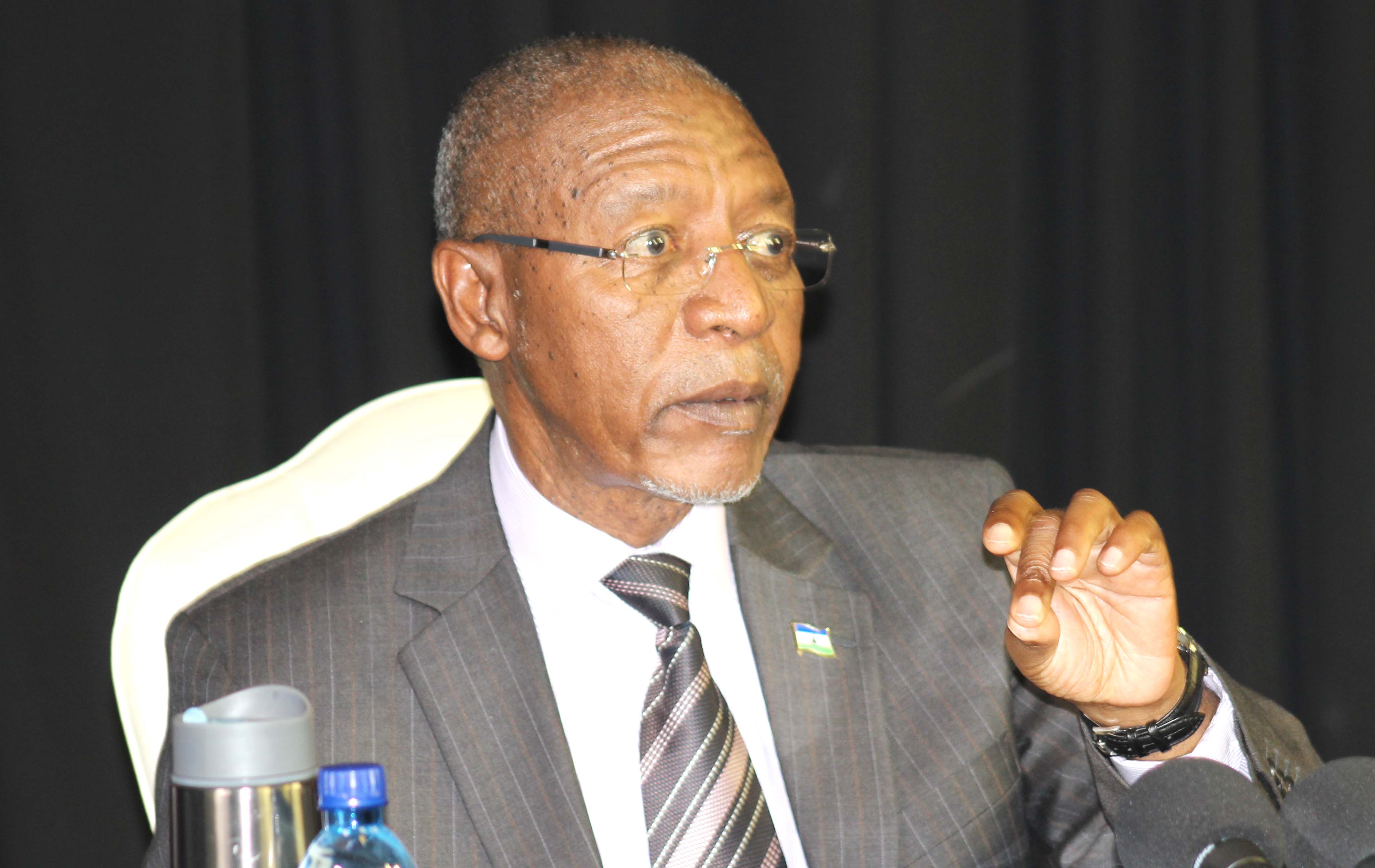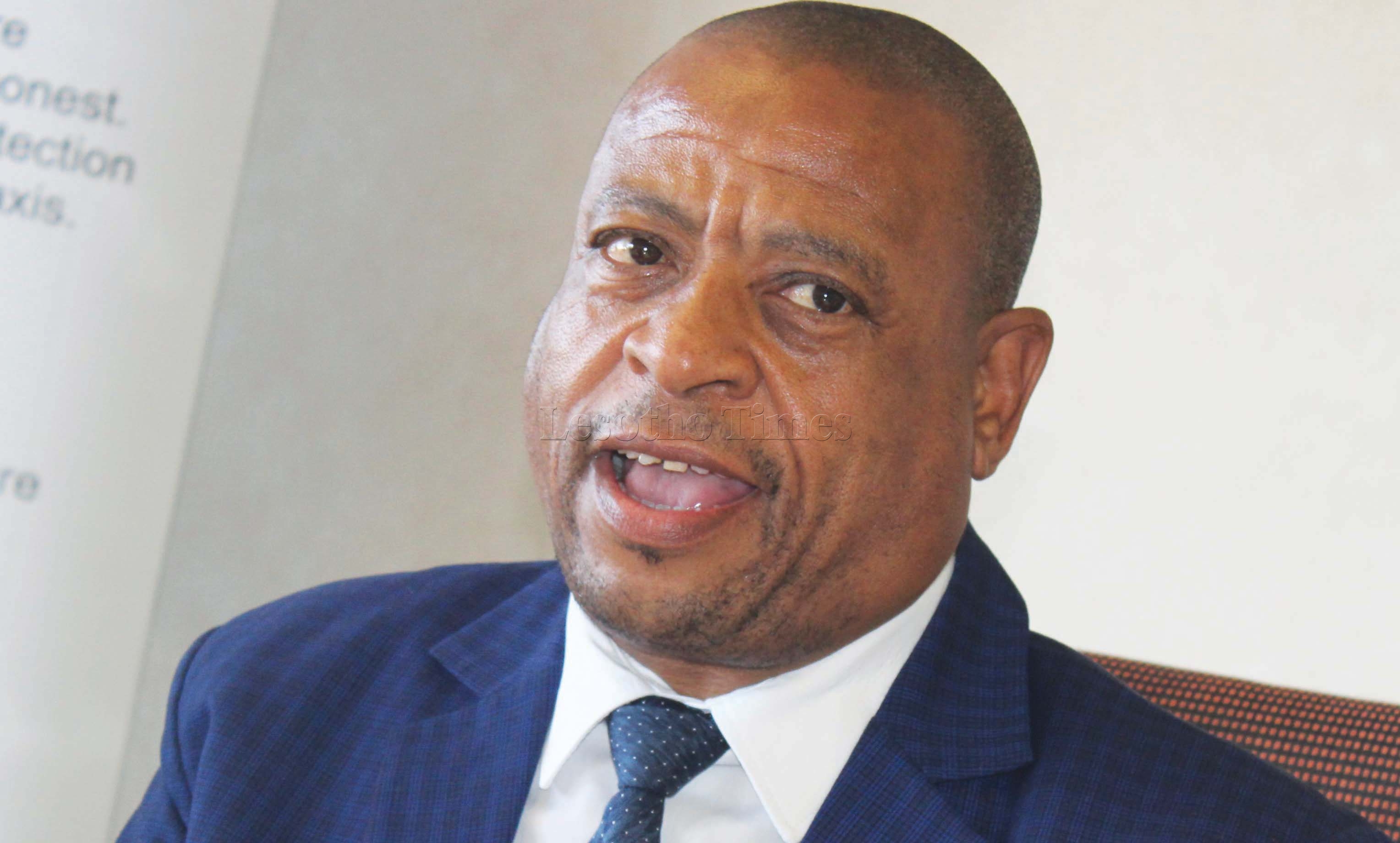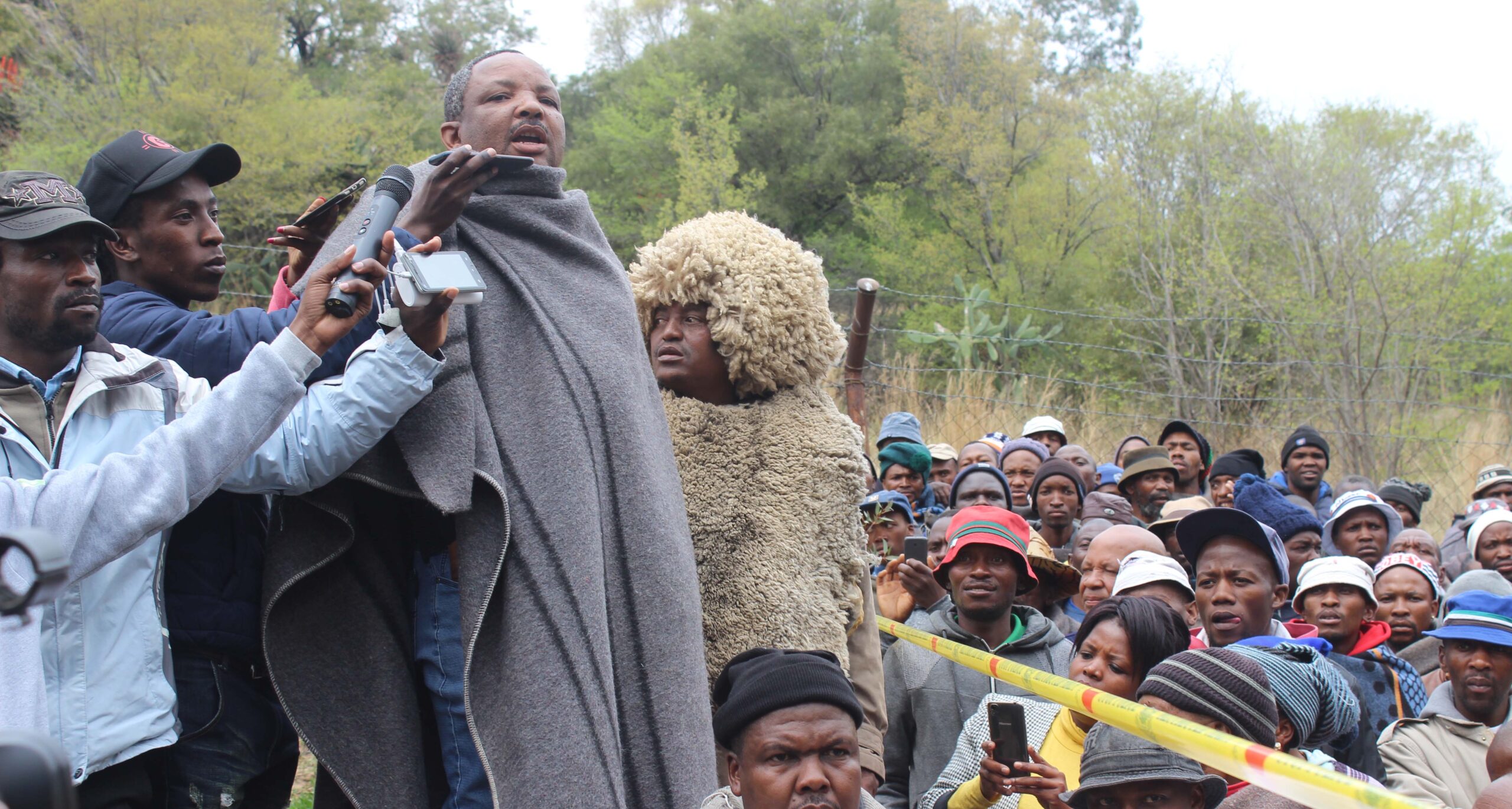
- says funds will help in implementation of agric policies
- but laments finance ministry’s delays in releasing funds
Seithati Motsoeneng and Moroke Sekoboto
THE M1.3 billion allocated to the agriculture sector in the 2024/25 fiscal budget will come in handy in implementing agricultural policies aimed at stimulating Lesotho’s economy.
This is according to the Minister of Agriculture Food, Security and Nutrition, Thabo Mofosi, who lauded his colleague, Minister of Finance and Development Planning, Retṧelisitsoe Matlanyane, for the generous allocation.
Mr Mofosi spoke to the Lesotho Times on the margins of the 2024/25 budget presentations at the National Assembly. He said the M1.3 billion would help his ministry implement polices to boost agriculture. The government deemed agriculture to be the backbone of Lesotho country’s economy.
The agriculture ministry’s budget this year, is M200 million more than the M1.1 billion Mr Mofosi was allocated in the soon to end 2023/24 fiscal period.
However, Mr Mofosi told the Lesotho Times that his ministry had failed to exhaust the M1.1 billion it was allocated for the current financial period, blaming it on delays to release funds by the Ministry of Finance and Development Planning.
That in turn disrupted his ministry’s agenda as they could not procure fertilizers, inputs, and other agricultural equipment on time.
“The ministry of finance needs to find a system that can speed up procurement because delays (in releasing funds) on their part, mean that my ministry remains stagnant. Without budget utilization, we cannot exhaust the funds. We cannot use them to our full potential,” Mr Mofosi said.
“If the ministry of finance could release funds on time, we would be able to procure climate resilient seeds and beat competition between us and other countries’ farmers.”
Delaying procuring fertilizers and inputs meant nothing would be left for a tiny country like Lesotho when the cropping season starts. South Africa with large scale farmers would have exhausted most of the inputs.
“Currently we are even thinking of extending our storages at Ha Foso where we will be able to stock up agricultural inputs,” Mr Mofosi said.
Nevertheless, Mr Mofosi appreciated the budget allocation, saying it would help them in upscaling their projects, mainly contract farming.
“I want to strengthen contract farming between farmers and buyers, so that our producers don’t struggle to find markets. This will help our farmers know their markets before production.
“About 30-40% of our farmers produce to a blank market. But with contract farming our farmers will know their markets and the demand for their produce to avoid losses.
“I have learned that one of the key factors in the agriculture sector is to find and create the markets for farmers’ produce, to avoid losses on their products. We have the mandate to protect their produce if farming is to sustain them.”
He said many producers struggled to find customers because they did not meet the demands of the markets. But with the new financial year’s budget, they intended to upscale workshops between producers and buyers “to avoid unnecessary waste of farm produce”.
“Our duty as the government is to create a platform for farmers to continue producing hence in the budget speech, the finance minister outlined that the government, will be working collaboratively with the private sector, mainly Basotho,” Mr Mofosi said.
“However, we may work with foreign investors where Basotho lack expertise in upcoming irrigation projects. There are already pre-existing irrigation sites which need restructuring.
“There is the irrigation project under the Millennium Challenge Corporation (MCC) Develoment Compact II, called the Horticulture and Irrigation Project. Negotiations are at an advanced stage, with clear outlines on how the project will be rolled out.”
Mr Mofosi said he had learned from the ministry’s mistakes, and challenges that had prevented them from having a successful summer farming season last year.
He said they had gone back to the drawing board to try and resolve issues around shortage of fertilizers, which created commotion towards the end of 2023, leading to farmers not getting fertilizers on time.
“There is a need to capacitate our extension officers with skills to follow through with our ministerial policies. Their lack of knowledge was the main reason behind the delays that happened last year,” Mr Mofosi said.
“We had clearly stated that people who had prepared their farming land on time, be given priority to buy fertilizer through extension officers. Had that happened, it could have saved us a lot of stress. We ended up giving fertilizers to wrong people who resold them at a higher price.”







